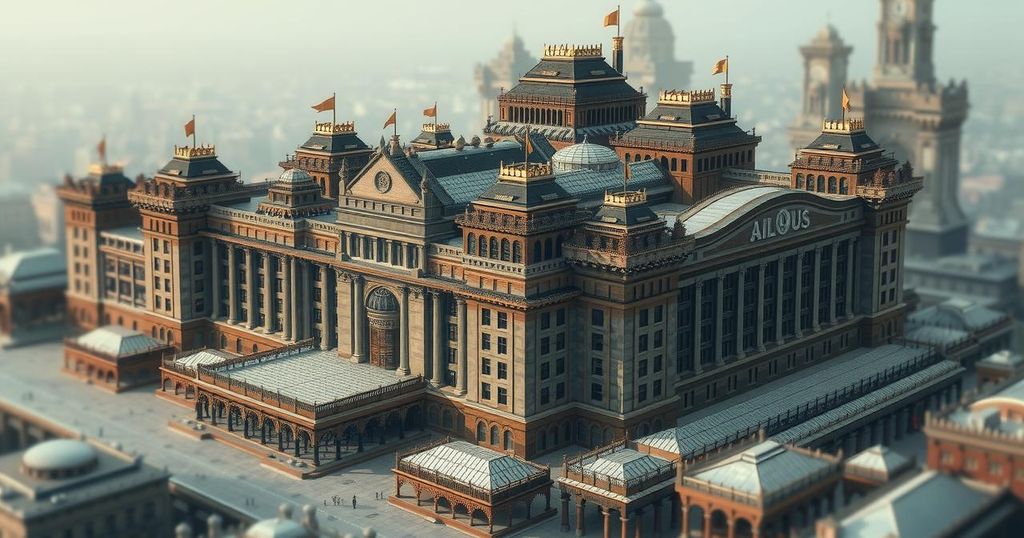The Sudanese army has recaptured the presidential palace in Khartoum, marking a key victory against the RSF amidst ongoing conflict. Although the RSF still controls areas in southern Khartoum and Darfur, the army’s success reflects shifting power dynamics in the civil war that erupted in April 2023. Concerns about partition and escalating violence persist, affecting millions amid a humanitarian crisis.
The Sudanese army has successfully recaptured the presidential palace in Khartoum, representing a significant victory against the Rapid Support Forces (RSF). This achievement is celebrated nationwide, marking a pivotal moment since the army launched its counteroffensive in September 2022. Although the RSF still controls various areas in southern Khartoum, the army’s gains reflect the changing dynamics in the ongoing civil war that began in April 2023.
Following the capture of the palace, the RSF leader, Mohamed Hamdan “Hemedti” Dagalo, urged his fighters to resist losing the stronghold. Many civilians view the army as liberators, despite allegations of human rights violations by army-associated militias post-RSF withdrawal. Reports indicate the RSF has committed numerous atrocities, including detaining over 10,000 individuals in Khartoum prior to June of last year.
In conclusion, the Sudanese army’s recapture of the presidential palace signifies a critical moment in the conflict against the RSF. While this victory may bolster the army’s position, concerns grow regarding potential partition in Sudan as the RSF consolidates power in Darfur. Both factions appear resolute in continuing their military engagements, exacerbating an already dire humanitarian crisis in the nation.
Original Source: www.aljazeera.com






